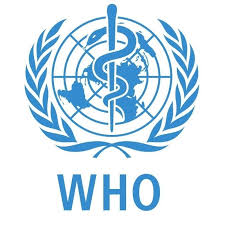NEW DELHI: WHO today urged Southeast Asian nations, including India, to alleviate nutritional and disease hazards faced by pregnant women to tackle birth defects which cause 90,000 newborn deaths in the region annually.
“Birth defects affect approximately one in 33 infants and result in around 3.2 million birth defect-related disabilities across the world annually. In the Southeast Asia region, each year birth defects are responsible for an estimated 90,000 newborn deaths,” said Poonam Khetrapal Singh, World Health Organisation (WHO) Regional Director for Southeast Asia.
On World Birth Defects Day, Singh said that when not fatal, birth defects can result in long-term disability, impacting individuals, families, health systems and societies.
The most common birth defects are heart defects, neural tube defects, and Down’s Syndrome, with 94 per cent of severe cases occurring in middle- and low-resource settings,she said.
Noting that birth defects may be caused by genetic, nutritional, infectious or environmental factors, Singh said that although it is often difficult to identify the exact cause, many of them can be prevented.
“Doing so means undertaking concerted and multi-sectoral action aimed at alleviating the nutritional, environmental and disease hazards pregnant women face,” she said.
Women’s access to adequate nutrition, including folic acid and iodine, for example, must be guaranteed both pre- and post-conception through supplementation or food fortification.
Noting that the enjoyment of an environment free of harmful chemicals should be assured, Singh said vaccination coverage that can protect pregnant women and their unborn babies from defect-causing diseases like rubella must be universal.
WHO’s Southeast Asia Region comprises Bangladesh, Bhutan, North Korea, India, Indonesia, Maldives, Myanmar, Nepal, Sri Lanka, Thailand and Timor-Leste. (AGENCIES)


